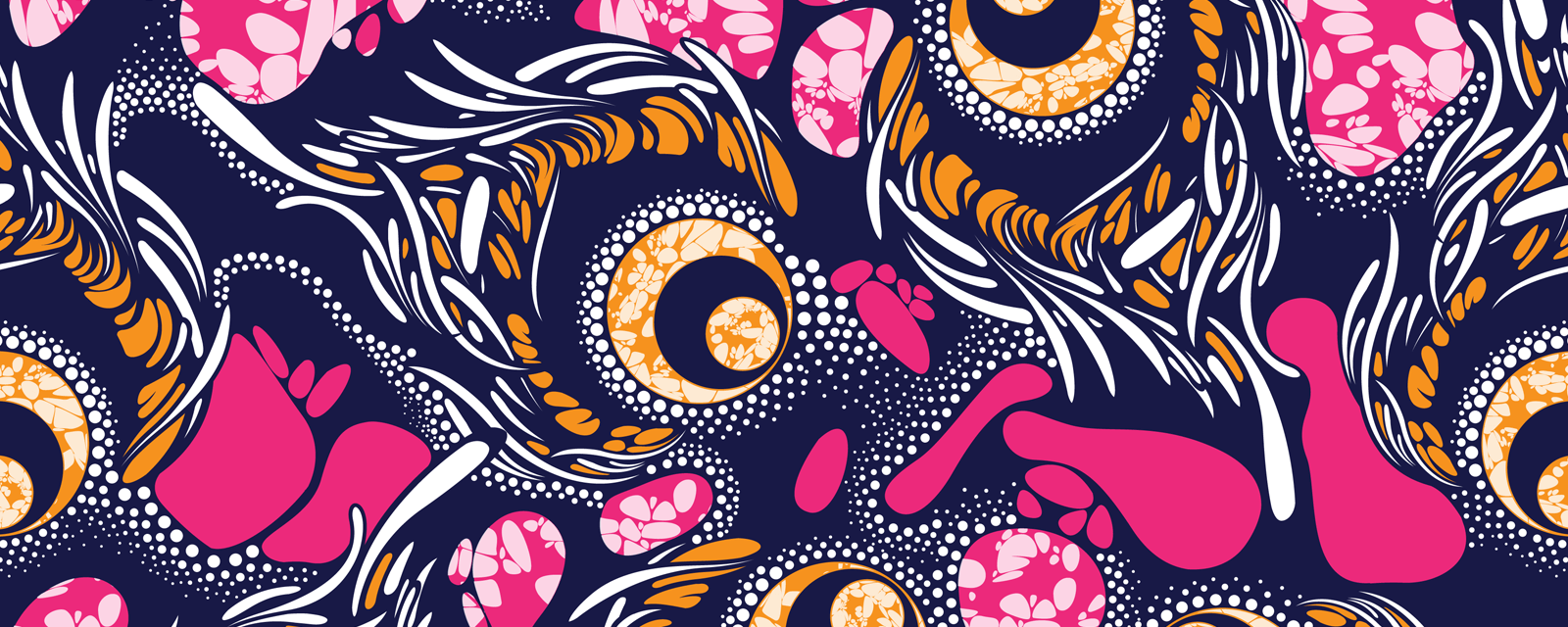The Shona clans of Zimbabwe identify themselves with a totem (usually, but not always an animal) that was chosen by the clan founder as their emblem. The praises of each clan often contain vivid observations of the animals they claim for their totem that comes from intimate first-hand knowledge of the animals in their natural environments.
A previous Shona clan praise published here was of the Shumba Murambwi, whose totem is the lion. The following clan praise is of the Tembo-Shumba, the “Zebra-Lion”, a mythical totem animal that serves as the emblem of the Mutasa people, whose homestead is Manyikaland in eastern Zimbabwe. By fusing together the attributes of the lion and the zebra into one mythical creature the clan creates a sacred totem that personifies the qualities they claim to represent themselves and their ancestors.
Whilst the Shumba Murambwi praise poem glorifies the lion’s swagger, wildness and the fear it inspires in others, this poem primarily celebrates the beauty, sophistication and virility of the zebra. Their totem is modestly introduced as the “Hornless beast of the wilderness”, but who stands out as “The Well Dressed One”. Over the course of the praise-poem they tell the story of the clans founder, Tendayi from the house of Chikanga, and how their ancestors migrated from the north of Zimbabwe to the east around the 18th century, along the way encountering the Portuguese textile traders with whom the clan did business with. Interwoven with the story of the clan are subtle boasts of their manhood and indestructibility, and allusions to the qualities of the lion and zebra that they claim as their own.
Thank you, Zebra.
Thank you Chiwara,
Hornless beast of the wilderness,
The Well Dressed One.
Well done you, the rulers of Chirovarova, who came from Marenje.
Thank you, Zebra-Lion.
A service has been done, Muroro, Musimara, Maruki. (1)
You have done a service, you, The Interwoven One,
They who have tattoo marks which are in the stomach,
The green stalks for girls. (2)
Thank you Zebra, of the house of Chikanga. (3)
We are grateful, Mr-Travel-by-night, Tendai, son of Mutasa. (4)
He of Portuguese descent, who was carried from place to place, (5)
The advertiser of textile goods,
This, my confidante of the King
The Zebra, which dons girdles like women do.
Thank you Lion-Zebra.
Thank you, Awe-Inspiring Little Rock, (6)
Which scared those from afar.
While those near feel at home with it.
The sons of Senwa, who lies buried at Gorongozi (7)
Thank you, you who are at Makarati
Those in Marenje, Guruuswa. (8)
We are grateful, son of Moyo. (9)
A service has been done, this, my Zebra.
The Zebra with stripe-stripes.
Hail! Sons of Chikanga.
Thank you, those in Tsoka.
Those in Nyamusipiti
Zebra! The Glittering One.
Thank you, Lion of the whole world.
Thank you, Mr Mane, Mr Big Mouth.
The fall of the King signals the eclipse of the sun
Thank you, those in Gwara, at Mahwemachena.
A service has been done, you, in Tsoka.
Those in Chirovarova and in Mahwemasimike.
We thank you, Chihwa, Lion of all.
Thank you very much, you in Chai
Mahwemanyoro.
Nay! A service has been done, you, Dehwerembizi.
Gakangoma! (10)
A service has been done, Samaita. (11)
from The Oral Traditions of the Shona People of Zimbabwe,
Alec Pongweni,
The Centre for Advanced Studies of African Society (2012)
Footnotes
- Muroro, meaning of Maroro. This refers to a stream in Manyikaland that also served as a holy place where people in search of invincibility would undergo a process of magical empowerment using various rituals and medicines.
- The male zebra is known for being well-endowed and its member resembles a green maize stalk when aroused. This line is a subtle boast of the attributes of the men of the clan.
- The Mutasa people were originally known as the Chikanga. Wars over succession within Manyika dynastic politics led to groups splitting from one another. The Mutasa recalls their lineage comes from the house of Chikanga.
- Tendai refers to Tendayi from the house of Chikanga. He was banished from the clan by his brother Vumbe and went into hiding becoming known as Chifambausiku (‘one who travels by night’). Tendayi returned to overthrow Vumbe and reign as Mutasa Chief.
- In the early days of their dynasty the clan came into contact with Portuguese textile traders and entered into business with them. The Mutasa chiefs adopted the custom of being carried in hammocks or chairs by their subjects.
- The Little Rock represents the toughness of the clan and their continual presence in their chosen homestead despite their enemies attempts to unseat them.
- During their migration from the north of Zimbabwe to the east the Mutasa clan passed through the north-western region of Mozambique, an area known as Sena. Various ancestors of the clan are buried along the route they took. Gorongozi refers to Gorongosa in the heart of Mozambique.
- Guruuswa means ‘tall grass’ and is claimed by many Shona clans oral traditions as the original birthplace of all Shona people, and in a mythical sense the place where all life originates. Different people have claimed to locate Guruuswa as a place to the north of the Zambesi river, or in the grasslands of the Great Lakes region of East-Central Africa or in Tanzania.
- In the original Shona version of this poem this line is “Tatenda VaMoyo”. Moyo refers to the heart in the physical sense and VaMoyo to the ancestoral mother of the clan. So this line is both an expression of gratitude to the spiritual mother of the Mutasa as well as to the beating heart of the clan.
- Gakangoma!:‘The one whose skin is used at full stretch on the music drum’
- Samaita: Samaita means ‘Mr Doer’, as in the earlier reference to the ‘green stalks for girls’, this has sexual connotations.

